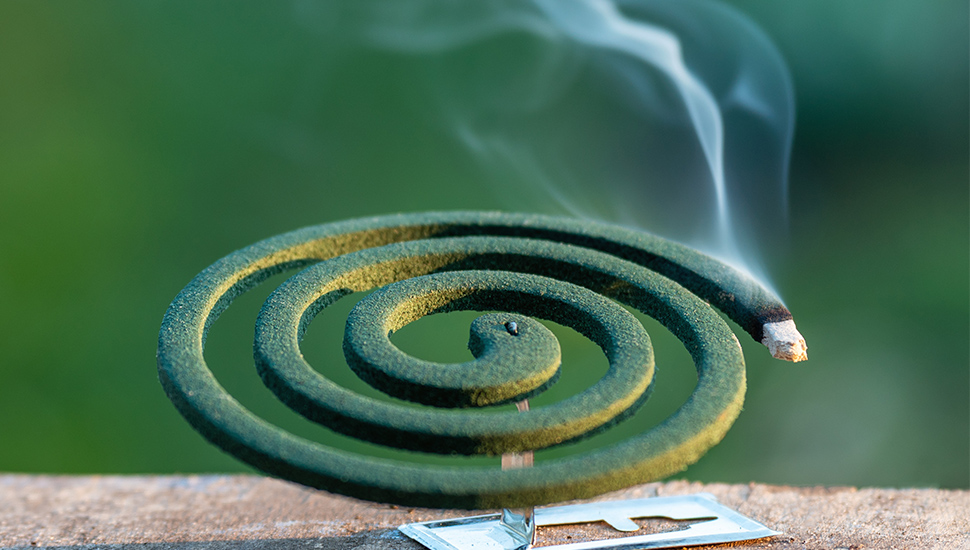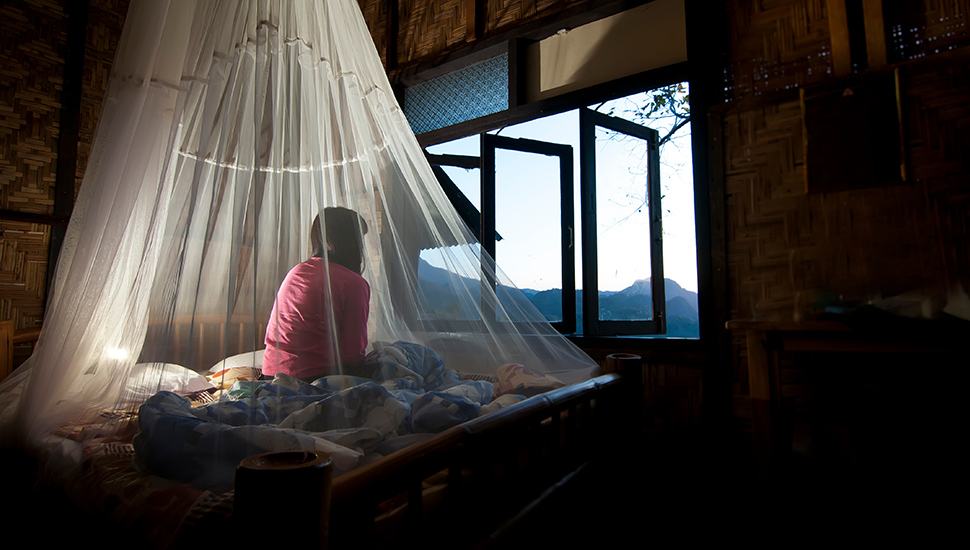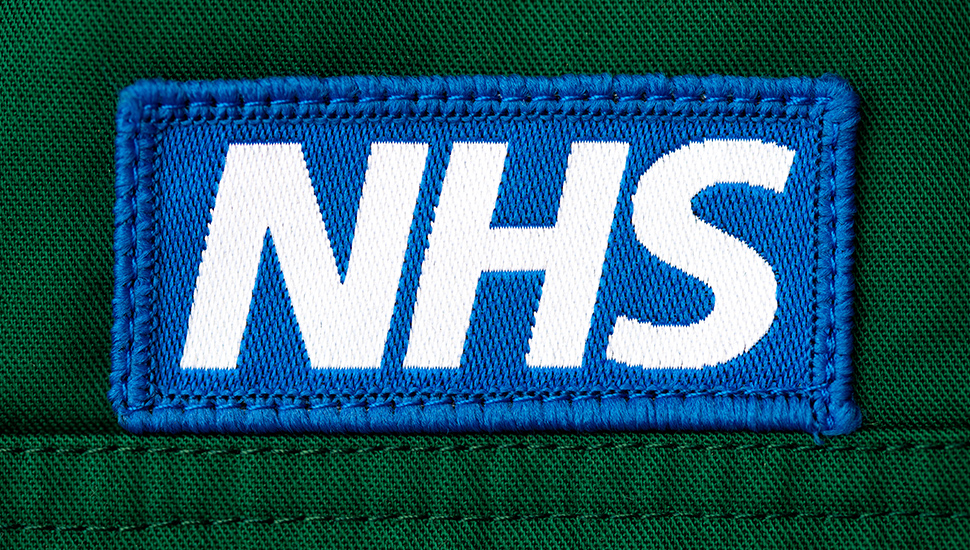Top Tips for Avoiding Mosquito Bites
Avoid getting itchy bites - or even contracting a disease - with these useful tips
In our quest for sun-drenched holidays, we tend to forget about the downsides. Chief among these are sunburn, heatstroke—and mosquito bites.
Getting bitten by mosquitoes while on holiday is not pleasant. Some people are especially prone to swollen skin around bite areas, where the urge to scratch can lead to bigger wounds. This in turn can trigger skin infections, with the potential for systemic symptoms like nausea, fever, chills, and even vomiting.
Worse still is the risk of being infected by certain diseases carried by the offending mosquito. These include malaria, dengue fever, and West Nile Virus, among many others.
Thankfully, the chances of developing an illness after being bitten by an infected mosquito are very low—at about 1 in 300.
However, this low risk is not an invitation to be complacent. No one wants their holiday ruined by an unexpected illness, which might result in being confined to the hotel room—or even needing medical attention.
Luckily, there are some simple precautionary steps you can take to minimise the chances of being bitten...
Wear suitable clothes
Wear long sleeves, socks, and shoes when outside, especially in the evening when mosquitoes are most active. You might also consider wearing synthetic sports garments—particularly those with UV protection—as they are so tightly woven they often prevent mosquitoes from reaching the skin.
Choose an effective mosquito repellent
Invest in mosquito repellent containing at least 35% DEET. DEET disrupts the mosquitoes' ability to locate humans—making it the go-to repellent. However, some people dislike the smell of DEET, and it can cause staining to clothes with regular use. That said, spraying clothes with DEET can be an effective way to keep mosquitoes at bay—especially if applied to areas where you often get bitten—e.g. the back area.
Consider picaridin as an alternative to DEET. Repellents containing picaridin offer longer protection than DEET, but it must be reapplied after sweating or swimming—in the same way DEET does.
Oil of lemon eucalyptus is another alternative to DEET, but one that works in a similar way.
Other more natural alternatives include geranium, citronella, soybean, and peppermint oil. However, these have not undergone extensive testing by the US EPA or other bodies. Anecdotally, these options do have some protective effect, but are not nearly as reliable as DEET or picaridin.
Use mosquito coils
Invest in mosquito coils to place around problem areas—such as your hotel balcony or veranda. These are inexpensive and provide several hours of protection. Mosquito coils contain pyrethroids, which are synthetic versions of pyrethrins—themselves derived from chrysanthemum flowers. To use a mosquito coil, simply set the outer end alight. The resulting smoke should help keep mosquitoes away.
Your hotel or guest house may well have a supply of mosquito coils you can access.
Note that any form of smoke will help deter mosquitoes.
Cover gaps in windows, screens, and doors
Identify any gaps in windows, doors, and screens in your hotel room. Ask your hotel manager to repair any holes or provide another room. Alternatively, effect a makeshift repair yourself. For example, use sticking plasters to cover up holes in screens.
Use a mosquito net
Hotels, guest houses, and hostels in tropical areas—such as South East Asia—sometimes have mosquito nets in their rooms. However, not all do. Call ahead to ask if your accommodation provides nets.
It’s a good idea to take your own mosquito net as a backup. These can be bought inexpensively online.
Wash regularly and wear clean clothes
Mosquitoes are attracted to the bacteria in our sweat, so you'll make yourself less of a target by taking regular showers and not wearing the same clothes for days in a row.
If you're travelling light, you may need to have your clothes washed often. Your hotel will likely offer this service, but it may be cheaper to use local launderettes or complete wash-and-dry laundry services.
Avoid being out at dusk and dawn
Mosquitoes are most active at dusk and dawn, so avoid being outside during these periods. That said, in tropical areas, mosquitoes can be active all day.
Avoid standing water
Mosquitoes love standing water—in fact, it is essential for them to complete their lifecycle. Here they lay their eggs, which can turn into full-grown mosquitoes in just five days! While it’s not always easy to avoid standing water, it’s something to bear in mind. Be aware of areas of flooding, where mosquitoes can quickly flourish. And if your hotel accommodation has a wet room-style bathroom, clear away any patches of standing water.
Use breezes to protect yourself
One of the easiest ways to prevent mosquito bites in your hotel room is to direct a fan at yourself. This makes it very difficult for mosquitoes to find and land on you. The noise of the fan blades may be annoying, but it's arguably preferable to being bitten. Your AC unit may have a fan setting, but this will be less effective than a regular fan.
In outdoor situations, make a beeline for the nearest breeze—since this will have a similar effect on the mosquitoes' ability to effect an aerial assault on you!
Consider taking medication
If you're travelling to an area with a higher risk of mosquito-borne diseases, consider visiting your NHS travel clinic or GP. You should do this 6-8 weeks before departure.
Your medical practitioner will be able to advise on which medications to consider, with statistics on the likelihood of contracting an illness. Taking some medications in certain scenarios may be considered ‘overkill’ due to the low chance of contraction. For instance, the NHS FitForTravel website states that "antimalarial tablets are only recommended for those at increased risk of catching malaria, or increased risk of severe malaria."
Medical staff will tell you about any side effects to be aware of.
Get a Quote


